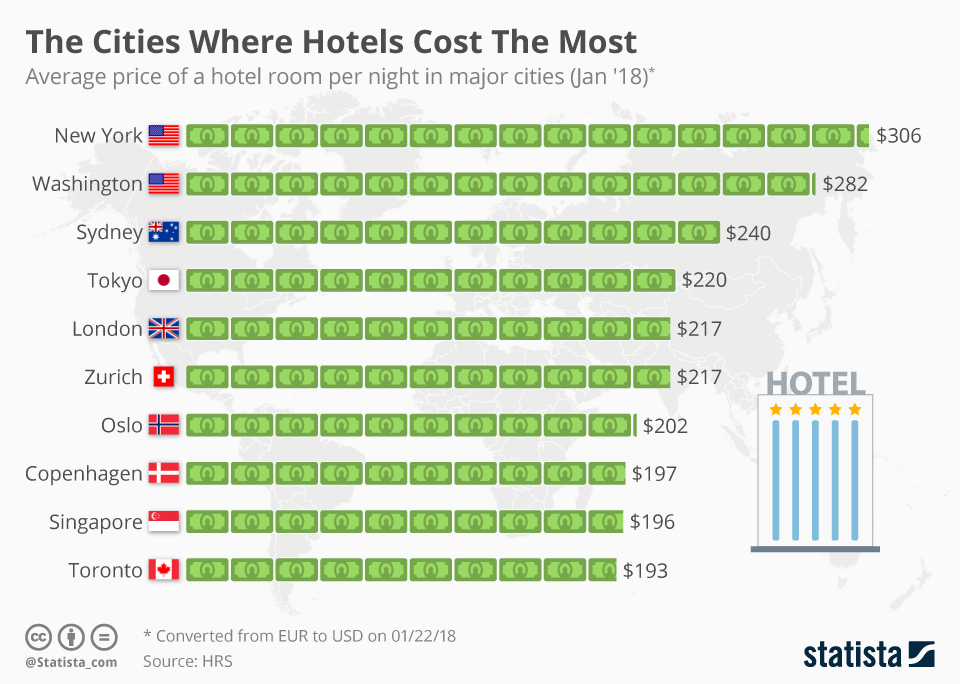How much does a hotel cost for a month? This is a common question for travelers, remote workers, and individuals seeking temporary housing. While hotels are typically associated with short-term stays, many offer long-term rates that can be more cost-effective than traditional apartment rentals. Understanding the factors that influence monthly hotel costs can help you make an informed decision when planning your stay.
Factors That Influence Monthly Hotel Costs
Several key elements determine how much a hotel will charge for a month-long stay. Location is one of the most significant factors. Hotels in major cities like New York, Los Angeles, or San Francisco tend to have higher rates compared to those in smaller towns or rural areas. For example, a budget-friendly hotel in a city center may cost $150 per night, but the same hotel might offer a discounted rate of $3,000 for a 30-day stay. This can often be more affordable than renting an apartment in the same area.
Another factor is the type of accommodation. Extended-stay hotels, such as Holiday Inn Express or La Quinta, are specifically designed for longer stays and often provide amenities like full kitchens, laundry facilities, and free Wi-Fi. These features can make them more appealing for month-long stays. In contrast, traditional hotels may not offer the same level of comfort for extended periods, which can affect pricing.
Seasonality also plays a role in hotel rates. During peak travel seasons, such as summer or holidays, prices tend to rise due to increased demand. Conversely, off-peak times may offer lower rates, making it a better time to book a monthly stay. For instance, a hotel that charges $200 per night during the summer might drop to $120 per night in the winter months.
Average Monthly Hotel Rates by Location
The average cost of a hotel for a month varies widely depending on the location. In major metropolitan areas, the range can be between $2,500 and $6,000 per month. For example, in New York City, a mid-range hotel might cost around $3,500 for a 30-day stay, while a luxury hotel could exceed $8,000. In contrast, cities like Austin or Denver may offer more affordable options, with average monthly rates ranging from $2,000 to $4,000.
Smaller cities and suburban areas generally have lower rates. A hotel in a town like Portland, Oregon, might charge around $2,000 for a month, while a similar hotel in a less populated area could be as low as $1,500. It’s important to note that these figures can vary based on the specific hotel, its amenities, and the time of year.
Tips for Finding Affordable Monthly Hotel Rates

If you’re looking to save money on a month-long hotel stay, there are several strategies you can use. One effective approach is to book directly through the hotel’s website rather than using third-party booking platforms. Many hotels offer exclusive discounts for direct bookings, which can result in significant savings.
Another tip is to look for extended-stay hotels that specialize in long-term guests. These hotels often have lower daily rates and additional perks, such as free breakfast or access to a fitness center. Additionally, some hotels may offer weekly or biweekly payment options, which can make budgeting easier.
Negotiating with the hotel can also be beneficial. If you’re planning to stay for an extended period, consider reaching out to the hotel manager to inquire about potential discounts. Many hotels are willing to offer reduced rates to secure long-term occupancy.
Comparing Monthly Hotel Stays to Other Housing Options
When deciding whether to stay in a hotel for a month, it’s helpful to compare the cost with other housing options. Renting an apartment or a room in a shared house can sometimes be more expensive than a hotel, especially in high-cost areas. However, this depends on the specific location and the availability of affordable housing.
For example, in cities where rental prices are extremely high, a monthly hotel stay might be more cost-effective. On the other hand, if you’re staying for a shorter period, such as a few weeks, a vacation rental or Airbnb might be a better option. It’s essential to evaluate all available options and consider factors like location, amenities, and overall value before making a decision.
Conclusion
Understanding how much a hotel costs for a month involves considering various factors, including location, type of accommodation, and seasonality. By researching different options and utilizing cost-saving strategies, you can find a hotel that fits your budget and meets your needs. Whether you’re traveling for work, relocating temporarily, or simply seeking a change of scenery, a month-long hotel stay can be a practical and comfortable choice.



